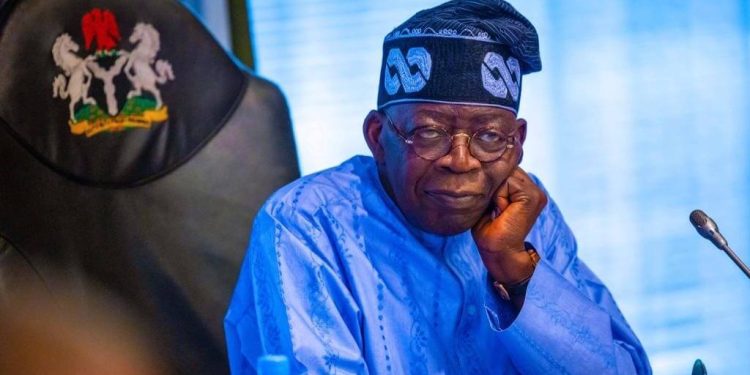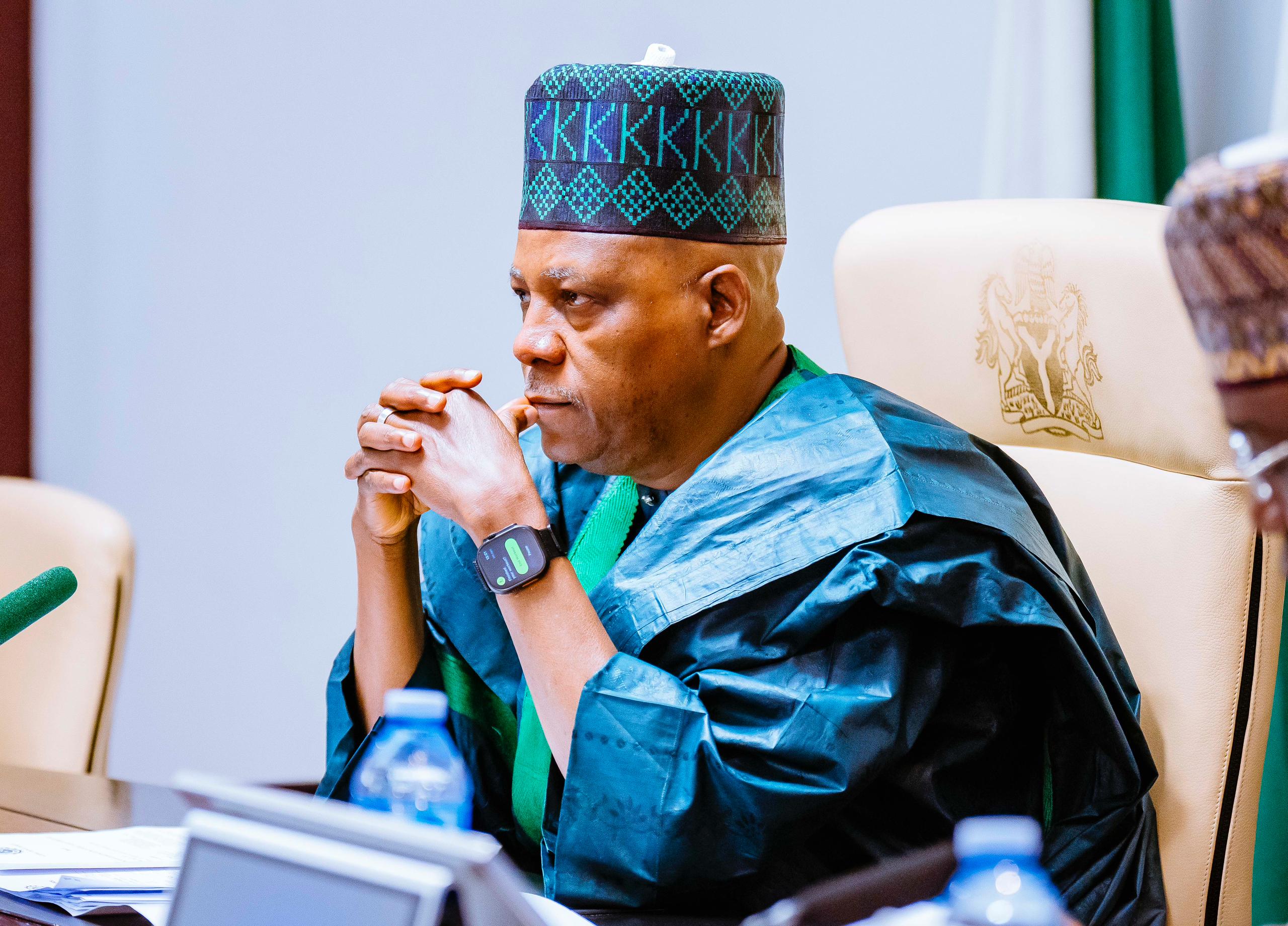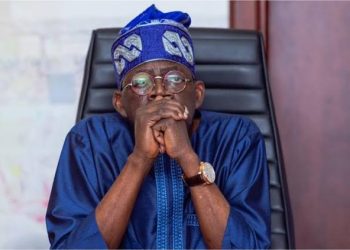The Nigerian government on Wednesday announced plans to restart direct cash transfers to the poorest and most vulnerable Nigerians amidst hardship rocking the country.
Presently, approximately 3 million people are recipients of these programmes, but due to the escalating cost of living, the government stated that an additional 12 million households could qualify for these direct payments.
Minister of Finance and Coordinating Minister for the Economy, Wale Edun, revealed this plan during the Ministry’s retreat held in Uyo, Akwa-Ibom state on Wednesday, February 21.
According to the finance minister, “The presidential panel on the social investment programmes, have prepared to go to Mr. President with an internal recommendation to restart the direct payments to the poorest and the most vulnerable. Everything is being done to ease the pain.
“We know that there’s been about 3 million beneficiaries now, but given the way the rates have gone, there are probably another 12 million people, households that can benefit from that payment.”
The minister noted that the expansion of the direct cash transfer aims to reach a wider population struggling with the economic situation and to put more money directly in the hands of those who need it most, allowing them to prioritize their needs and alleviate poverty.
The decision to inform the President of the Panel’s decision before the final report is completed is to keep the President abreast of developments.
Wale Edun stated that technology will be used to ensure smooth and transparent payments, avoiding manual processes and delays.
He said: “The only thing delaying that is not waiting for the end of the report. It is something that the intervention is meant to happen immediately.
“We have experts in technology, the commitment was to make sure that we use technology to ensure that we have a seamless payment, a seamless movement between the registered and the direct beneficiaries, without any manual processes in between. So it’s taking time to automate that process immediately that direct payment will resume”.
Recognizing the significant impact of food prices on household budgets, the government is taking steps to increase food availability and drive down costs.
The minister reiterated President Bola Tinubu’s intervention to release 60,000 metric tonnes of food grains.
He said: “The goal is to put food, to put feed into the mill, into the market, in an attempt to drive down the cost of food and make food available. Right now, that is the key priority in terms of the fiscal side, in terms of the government side.
Defending the plan of the direct cash transfer to the poorest and most vulnerable in society, Wale Edun argued that “history has shown, evidence has shown that when you pay someone directly, you put money in their hand. It reduces poverty because they decide where the shoe is pinching most.
“So it is a direct benefit, it has a direct effect on poverty. It alleviates, and there’s a commitment to immediately start that process. So that is, as far as these interventions are concerned and the landscape which we as a team are facing, we have a commitment to help to bring down inflation”.
“Growing the economy, creating jobs and lifting millions and millions of Nigerians out of poverty, that’s the ultimate goal of President Bola Tinubu and his economic policies.”









